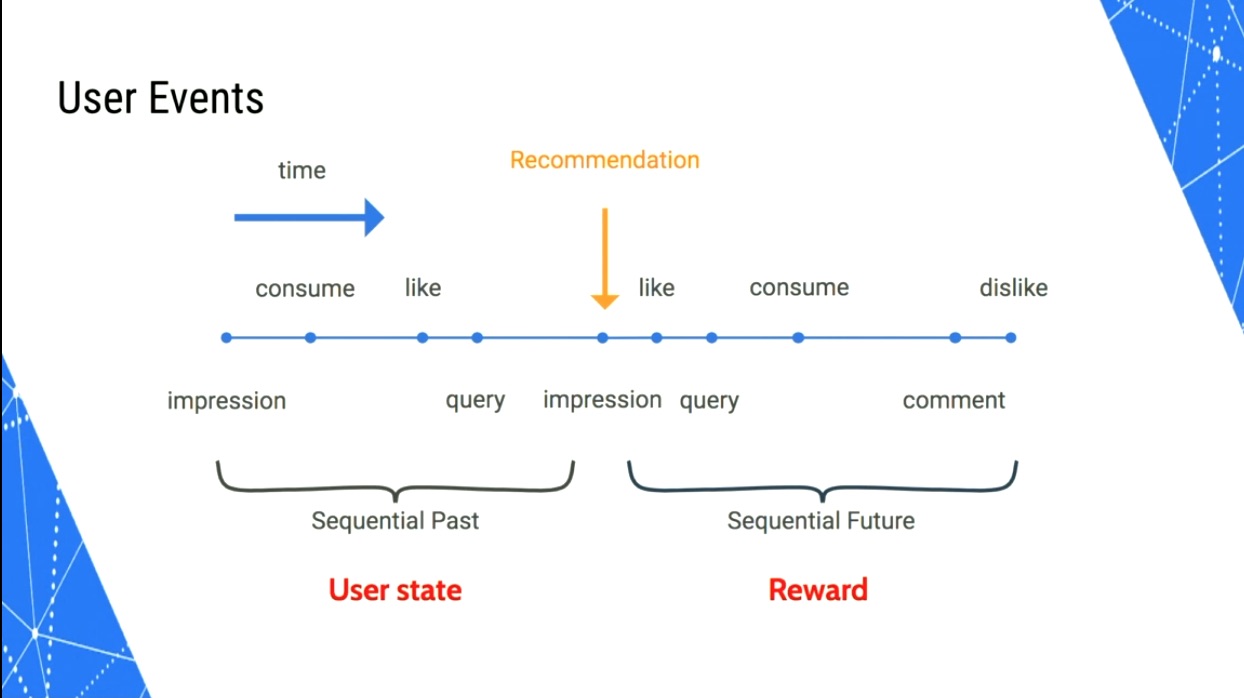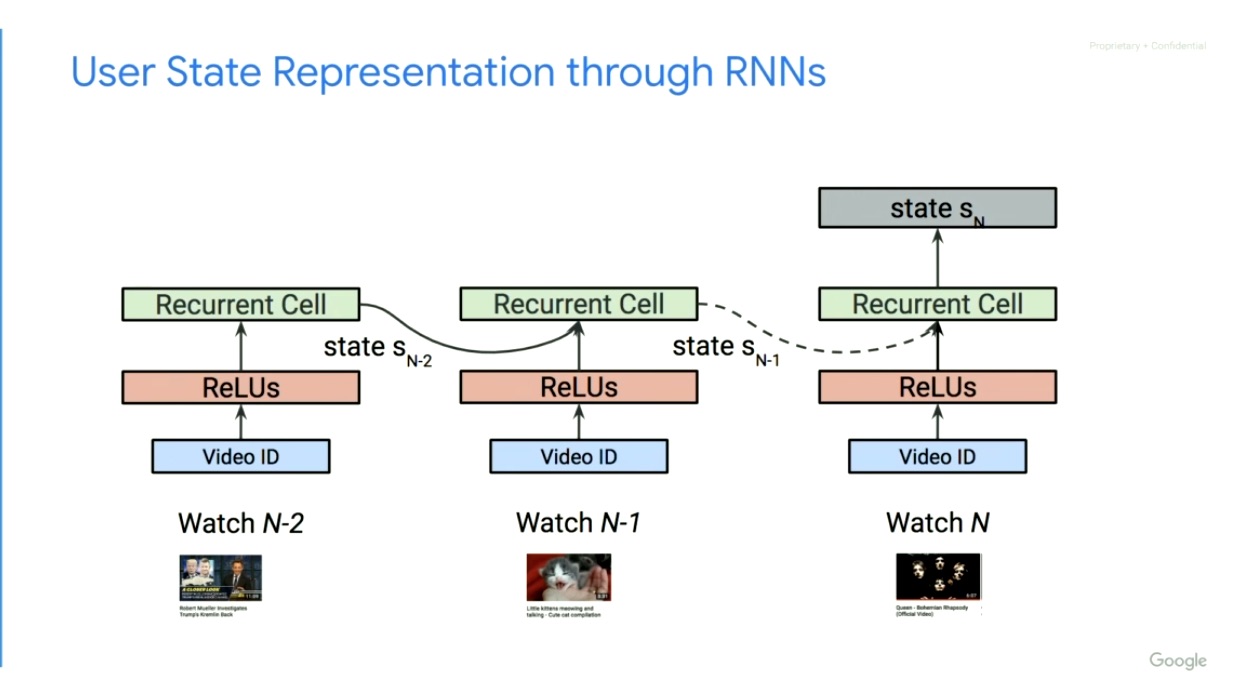Difference between revisions of "Item talk:Q1215"
Jump to navigation
Jump to search
| Line 10: | Line 10: | ||
== How is "engagement" generated? == | == How is "engagement" generated? == | ||
[[File:YoutubeBillion.jpg|frameless]] | [[File:YoutubeBillion.jpg|frameless]] | ||
| + | [[File:YoutubeMatrix.jpg|frameless]] | ||
[[File:YoutubeDeeper.jpg|frameless]] | [[File:YoutubeDeeper.jpg|frameless]] | ||
| − | |||
[[File:YoutubeMyopic.jpg|frameless]] | [[File:YoutubeMyopic.jpg|frameless]] | ||
| + | [[File:YoutubeUserEvents.jpg|frameless]] | ||
| + | [[File:YoutubeUserState.jpg|frameless]] | ||
Source: {{Q|1236}} | Source: {{Q|1236}} | ||
Revision as of 15:33, 8 October 2019
Addiction and Technology: Understanding the Links
Introduction
- Paul-Olivier Dehaye (Q351) - on Wikidata
- PersonalData.IO (Q182): "data rights individually actionable and collectively useful"
- Q585: "personal data empowerment"
- MyData Geneva (Q50)
How is "engagement" generated?
Source: "Reinforcement Learning for Recommender Systems: A Case Study on Youtube," by Minmin Chen (Q1236)
Personal data rights
Definition
personal data (Q28): "data about an identified or identifiable individual"
Rights
- right of access to personal data (Q51): view/get a copy of all our personal data
- right to data portability (Q1209)
- scope: "data provided by the data subject"
- "in a commonly-used, machine readable format", at least from the data controller to the data subject
- "without hindrance, [..] where technically feasible", from one data controller to another directly
- right to information about the logic of the processing (Q1211)
Broader rights
Universal Declaration of Human Rights (Q1233) and UN Declaration on Human Rights Article 27 (Q1234): "Everyone has the right freely to participate in the cultural life of the community, to enjoy the arts and to *share in scientific advancement and its benefits*."





